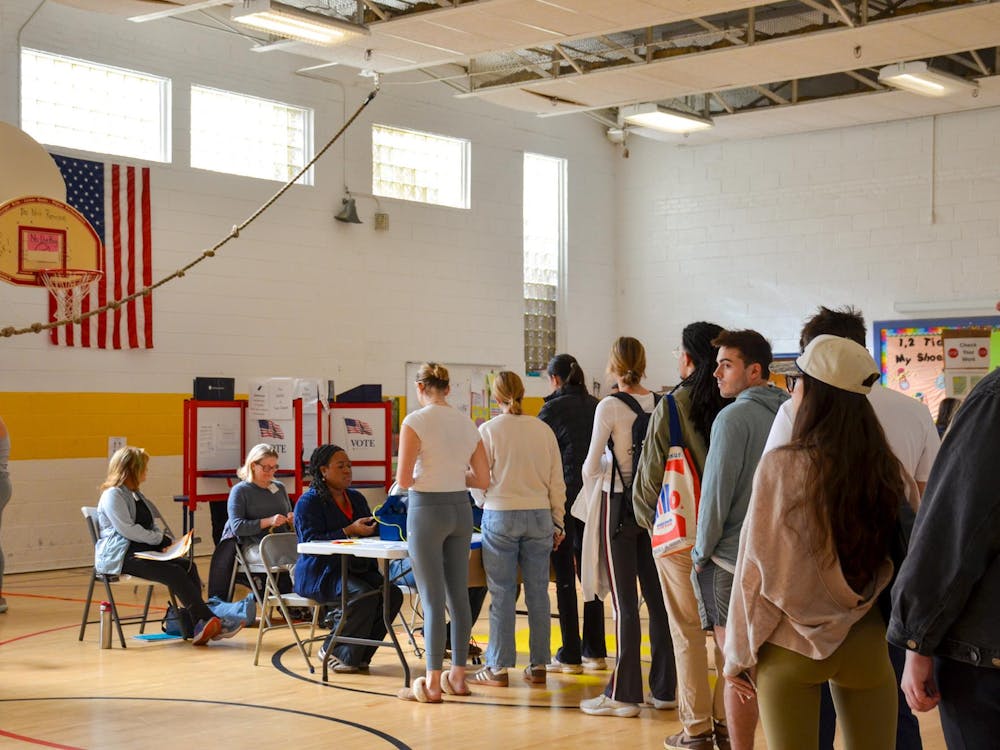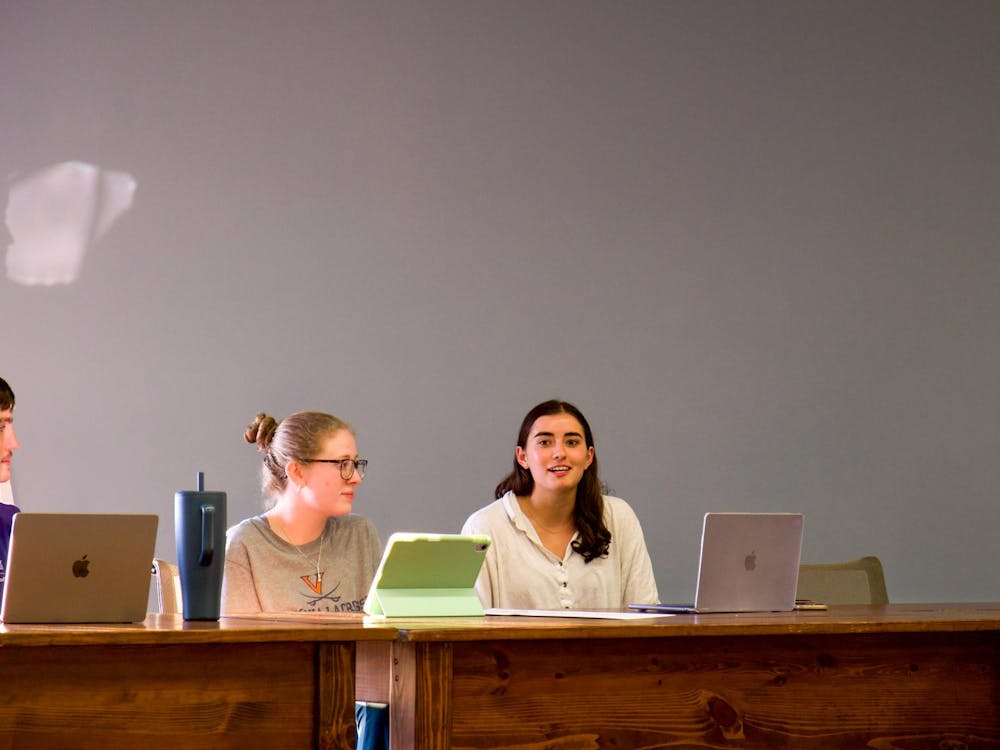The Faculty Senate met yesterday to discuss an agenda heavily influenced by concerns pertaining to the global economy and the implications it could hold for current University operations. University administrators tried to assuage those fears by emphasizing the University’s still-strong financial situation.
“Having a few minutes to reflect on the impact that the economy has had on the University of Virginia is worthwhile,” said Leonard Sandridge, University chief operating officer and executive vice president, at the beginning of his presentation. He noted that the recent financial crisis has had a significant impact on businesses and institutions of higher education around the world but said the University is faring relatively well so far.
Despite the 15-percent reduction in the commonwealth’s budget and the continued instability of the international market, there are no certain, negative implications for the University and its future, Sandridge said. The best way to understand the University’s overall finances is to look at how the University handles liquidity and bills, deals with debt, manages funds from the commonwealth and maintains its endowment, he explained.
Reports on the University’s endowments, along with those of other large leading higher education institutions such as Harvard University, Princeton University, Yale University and Duke University have become increasingly popular in the general media during the past few months, Sandridge noted. Although the University’s endowment is down by about 20 percent, he reported, this should not be cause for immediate alarm. Economic troubles have hit some schools harder than others, he noted; some schools have had to freeze their construction programs and financial campaign development programs to compensate for lost funds, while the University has not had to resort to any of these measures.
Overall, the University receives revenue from a number of sources ranging from tuition to private donations, and fortunately, “our donors have been generous in good times and bad times,” Sandridge said, adding that “it’s too early to assess what the long-term effects will be.”
With no clear end to the financial crisis in sight, the University administration’s main objectives are to keep the University operating as usual and to protect its long-term interests, including future investments.
“We still need to protect the opportunity to make investments in areas where we need to be making investments,” Sandridge said.
Budget cuts also do not necessarily mean decreased funding for departments, University President John T. Casteen, III noted in his opening remarks. Casteen also discussed a financial award offered through the Higher Education for Development and the United States Agency for International Development to encourage collaboration between American and African universities focused on the topics of agriculture, science and technology, health and medicine, engineering, teaching, business management and economics. The goal of developing any new program is to “make bold steps, despite what might be happening with the economy,” Casteen said.
In an open discussion at the end of the meeting, faculty members also voiced their concerns about decisions made by higher levels of administration that affected their departments but did not allow faculty members to have enough input in the decision-making process. Faculty also discussed the selection process for the Jefferson Scholars Graduate Fellowship program, with some voicing their fears that if the interview process is not improved, the program may end up losing some of its best candidates.
Additionally, the Faculty Senate discussed the creation of two new awards that, if created, would emphasize lifelong service to the University and teaching achievements, Casteen said.






